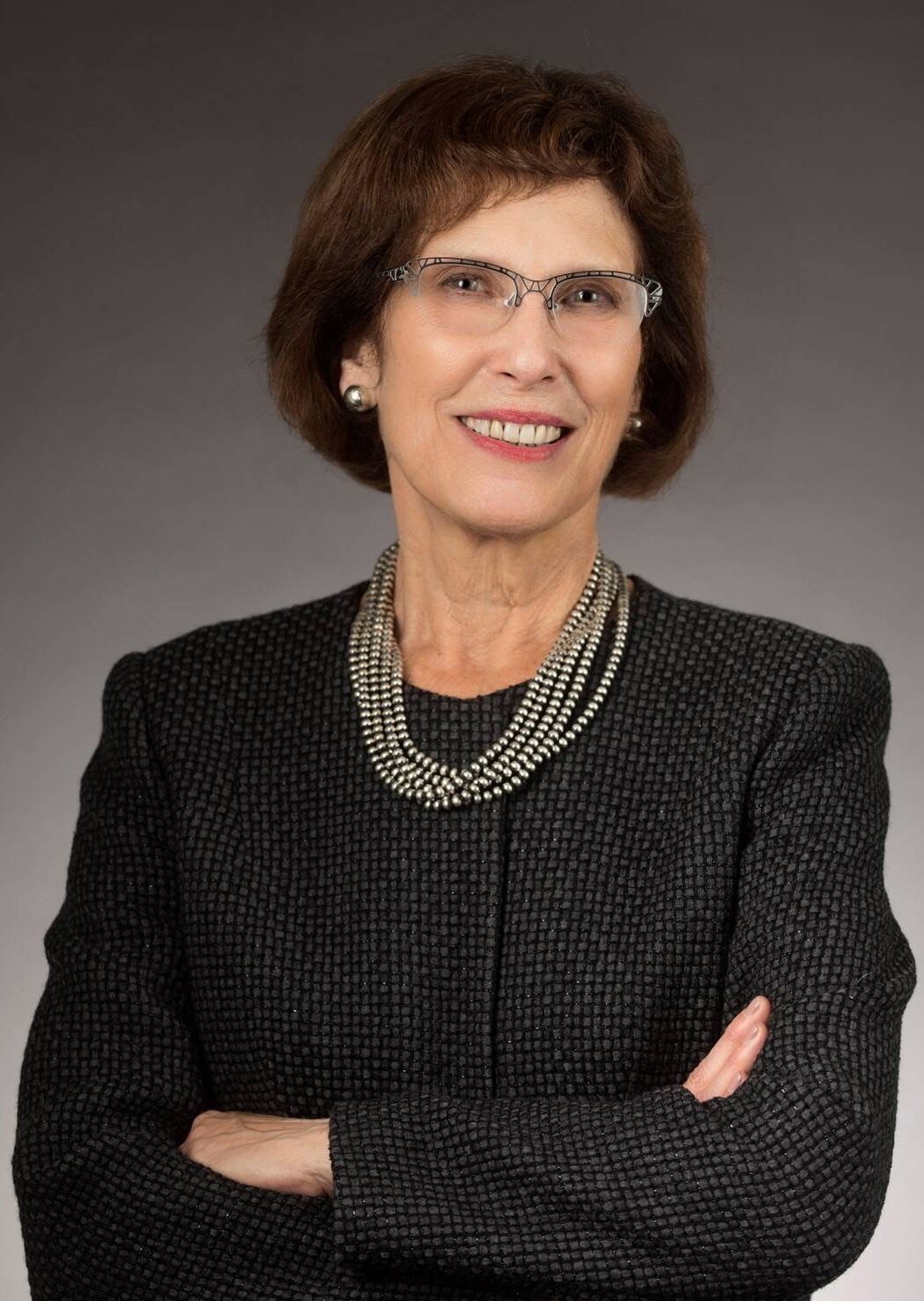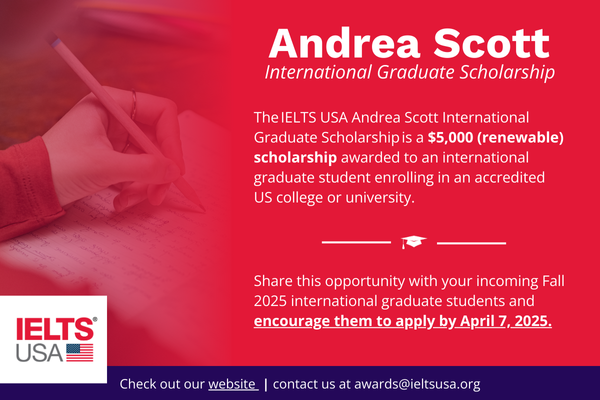Letter from CGS President Suzanne Ortega: We Will Adapt
It’s only been two weeks, but the Trump Administration has managed to cause a lot of upheaval and anxiety for the country and graduate education community. We know it is affecting you and your staff, and most importantly, your students. Teaching and supporting graduate students is already a rigorous endeavor, and the onslaught of executive orders and the brief withholding of grant funding created unnecessary strife.

Suzanne Ortega
I’m writing today to tell you that CGS remains focused on its mission to support and advance graduate education through evidence-based practices, innovative research and advocacy. We will continue to build a diverse, equitable, accessible and inclusive graduate community and will not be distracted by bad faith actors.
We at CGS stand by our values which aim to ensure that all students, no matter their background, thrive and reach their fullest potential while pursuing their graduate degree.
For example, as you will read in this quarter’s GradEdge, we are expanding our work on cultivating respectful and healthy research STEM environments with two new programs. These new projects will contribute to better recruitment and retention efforts through the improvement of STEM graduate environments. These projects focus on how graduate environments impact students from all backgrounds and how we can create programs where students thrive.
Healthy Research Teams and Labs initiative, originally from the University of Toronto and sponsored by the Howard Hughes Medical Institute (HHMI). This initiative will help foster positive and productive research teams across CGS member institutions with actions each member can take to develop and support healthy research teams at their institutions.
This initiative is intended to provide CGS member institutions with guidance and support to foster positive change in their research communities that will lead to more innovative and higher quality research. If you missed yesterday’s webinar on Healthy Research Teams and Labs, the recording will be posted on the webpage next week.
Also, CGS is launching a new project, Scaling a Systems Approach to Inclusive Graduate Research Environments, supported by the National Science Foundation’s Innovation in Graduate Education (IGE) program under grant #2429880.
This project builds on previous IGE research conducted at the University of California, Berkeley. Their project found that students were more likely to succeed and thrive in programs that clearly communicate expectations and rules and apply these rules consistently. Working with a network of 10 universities and 60 doctoral programs, CGS will collect the data needed to examine whether this finding holds across a broader range of institutions and program types.
The research and interventions tested in this project have the potential to improve the educational and career outcomes for all graduate students by creating greater transparency about the steps needed to successfully complete a PhD and transition to a STEM career.
I also want to alert you to the work our Government Relations and Public Policy Department is doing to stay informed with all the changes from the new administration. This week they are launching a new webpage and supplemental weekly newsletter for the first 100 days of the new administration to keep you up to date on new executive actions how they will potentially impact graduate education. Watch your inboxes for the Graduate Policy Monitor.
As we continue to navigate the evolving landscape of graduate education, I thank all of you for your hard work and commitment to improving graduate education. At our Annual Meeting, I learned about so many innovative projects and research that left me feeling inspired for the year to come. Now we are here, and I know that together we will protect and strengthen the future of graduate education.
I know there isn’t much I can say to ease the uncertainty and fear, but please know CGS is in this fight with you and you are not alone. I was recently inspired by this post from Holden Thorp, editor-in-chief at Science. His main message: It’s logical for all of us to be anxious; not all of the worst things we can imagine will happen; but we will adapt.
Sincerely,
Suzanne Ortega
President, CGS

